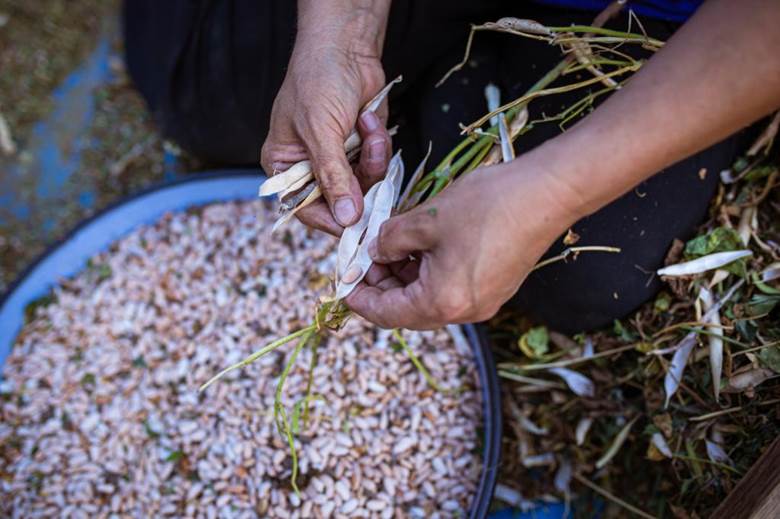Free Courses Sale ends Soon, Get It Now


Free Courses Sale ends Soon, Get It Now



Copyright infringement not intended
Context:
Michael Fakhri, the United Nations (UN) Special Rapporteur on the right to food, has warned the ongoing restructuring of the Boards of Trustees of the Centers of the Consultative Group on International Agricultural Research (CGIAR) will “pose great risks for the food security and sovereignty of many countries in the Global South”.
Details:
© 2024 iasgyan. All right reserved